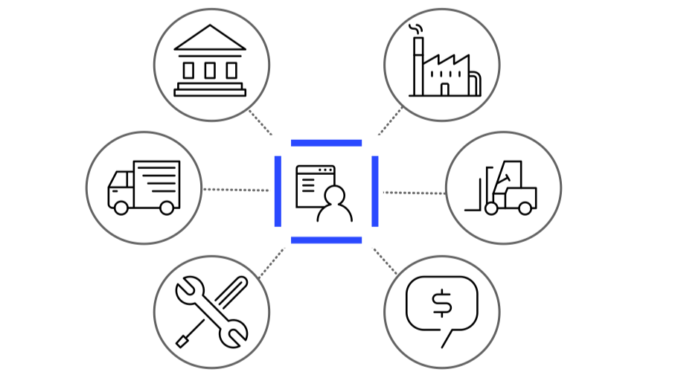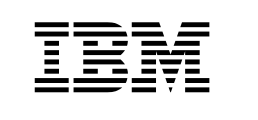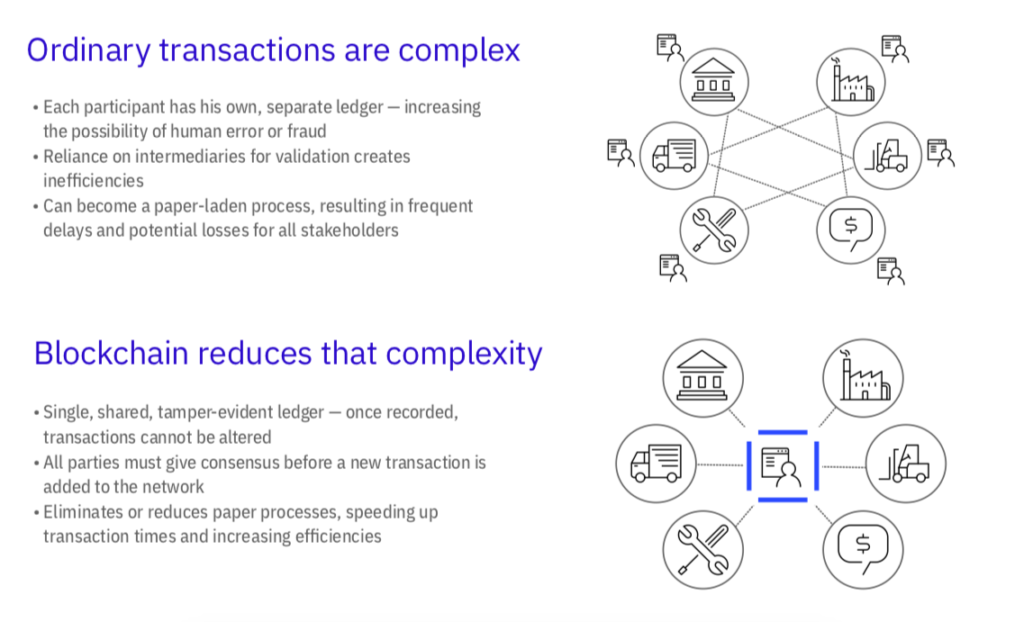
In an important step that will greatly support the development of global standards for smart contracts, global tech giant IBM has decided to join the Accord Project consortium.
Meanwhile, in a related move, Clause, one of the pioneers of smart contracts in the legal world, and a founding member of Accord, has formalised an agreement with IBM to allow the use of its smart contract software on the tech company’s blockchain platform.
Anyone can now get started using its legal smart contract standard on The Linux Foundation’s Hyperledger Fabric system through the IBM Blockchain Platform Starter Plan.
Earlier this month, IBM and Clause also released the first partner-developed sample application in the IBM Blockchain Platform ‘sample code catalogue’, demonstrating the technology’s use via an application for a perishable goods logistics network (see story here) that had the contract respond to how temperature changes altered the value of the goods.

The project has developed a ‘blockchain agnostic middleware layer that is interoperable with any distributed ledger allowing smart legal contracts to operate both on-chain and off-chain’.
Now, some readers may wonder what all the fuss is about. And many will be no doubt questioning whether the blockchain stuff has any substantive value. Perhaps one way of looking at this is to consider that Accord’s efforts to standardise how smart contracts work and Clause’s efforts to create the software for them may potentially open up the global doors of true contract automation, i.e. not just in their creation, or review, but in their execution.
Imagine a legal world where contracts are programmed and written in natural language at the same time, (probably with the programmed part becoming quite easy to use eventually by non-technical lawyers, much as webpage design has become like building with Lego rather than a complex coding task).
Once the contract is created and e-signed, it can be placed on a global blockchain and able to self-execute different legal provisions as and when the right triggers and conditions are met, with all of the benefits that a blockchain also brings (see graphic below).
Such a system would strip huge amounts of ‘friction’ from the business world and save the global economy a fortune in terms of removing inefficiency, and make the job of lawyers a little bit different too, as they’d have to be on top of the whole automation part of contracts, and as noted, it seems likely that eventually the coded parts will become very easy to use and insert – though we are not quite there yet.

To make this dream become a reality we need buy-in from big players in the tech world, so IBM joining Accord matters. So too the various standards organisations and major law firms that are now members, such as the IEEE (see story), will play a key part in agreeing to global protocols.
Dan Selman, Clause CTO said: ‘We are thrilled that IBM is partnering with Clause and joining the Accord Project to support the development of smart legal contracts and Open Source code and standards. IBM’s experience in contributing to building Hyperledger Fabric and operating IBM Blockchain Platform will be invaluable to ensuring that smart legal contracts fulfill their potential to radically improve the efficiency of leading industry consortia and enterprises.’
Peter Hunn, Founder of Clause, added: ‘This is an important development as it brings an integrated legal layer to blockchain-based systems. Clause is delighted to continue to develop partnerships with the leading blockchain platforms to bring a universal smart legal contracts platform to market.’
1 Trackback / Pingback
Comments are closed.